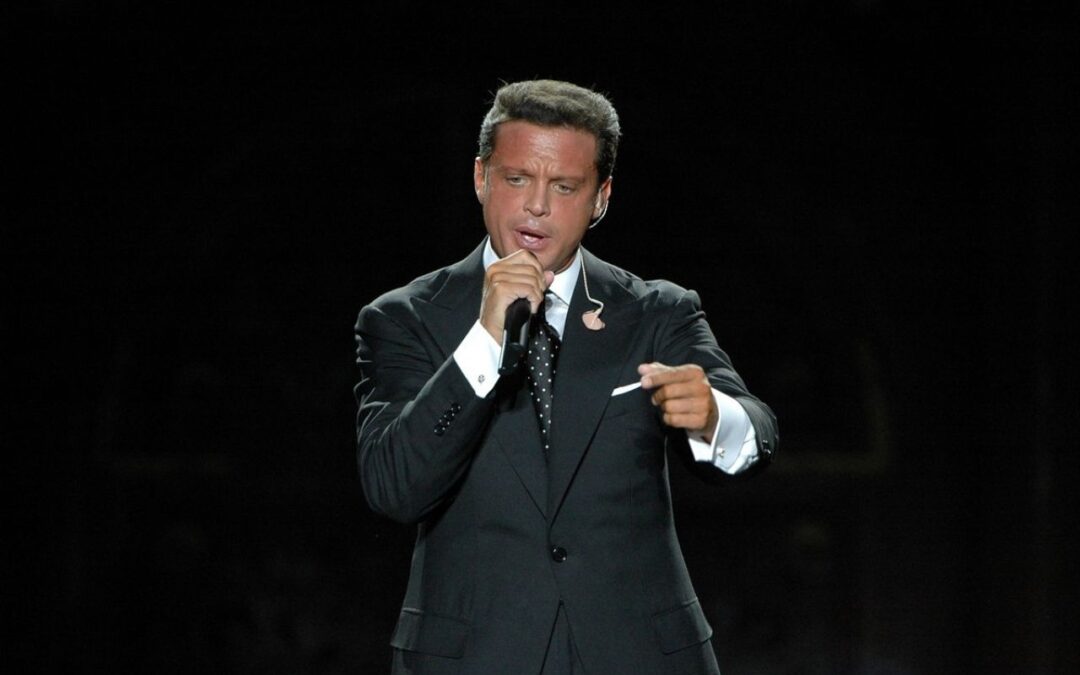A Philippine lawmaker has introduced a bold plan to fight the country’s growing debt by turning to cryptocurrency. Congressman Miguel Luis “Migz” Villafuerte has filed the Strategic Bitcoin Reserve Act, which aims to establish the Philippines’ first government-run Bitcoin reserve. If passed, this would make the country the first in Asia to officially legislate Bitcoin as part of its sovereign reserves.
A Bold Strategy Against Debt
The Philippines currently faces a national debt of $285 billion, equal to about 60% of its GDP. Villafuerte’s bill proposes using Bitcoin as “digital gold”, creating a financial reserve similar to the U.S. oil stockpile or Canada’s maple syrup reserve. Under the plan, the Bangko Sentral ng Pilipinas (BSP) would purchase 2,000 Bitcoin annually for five years, building a total reserve of 10,000 Bitcoin. At current market prices, this collection would be worth around $1.1 billion.
The reserve would remain locked for 20 years. During that time, the government could use it only for one purpose: retiring public debt. After the lock period, the central bank governor could sell no more than 10% of the holdings every two years.
How the Bitcoin Reserve Would Work
To guarantee security, the BSP would store the Bitcoin in geographically dispersed cold-storage facilities spread across the country. These facilities would undergo quarterly audits verified by independent auditors, with public cryptographic proof ensuring transparency.
The bill also specifies that any airdropped tokens or blockchain forks received during the reserve period must be kept for at least five years. Importantly, Villafuerte stressed that private Bitcoin ownership will not be affected, assuring citizens that their personal holdings will not be seized. This approach treats Bitcoin as a sovereign asset, like gold or U.S. dollars in central bank vaults. According to the bill, such reserves could shield the economy from inflation while strengthening the peso’s stability in times of crisis.
Inspired by Global Examples
Villafuerte noted that his proposal took inspiration from strategic commodity reserves worldwide. He highlighted the U.S. Strategic Petroleum Reserve and Canada’s maple syrup stockpile as models.
The Philippines is not the first nation to experiment with state-level Bitcoin holdings. For instance, El Salvador currently holds 6,276 BTC, while Bhutan quietly amassed over 10,000 BTC. Both countries view Bitcoin as a hedge against financial uncertainty. By passing the Strategic Bitcoin Reserve Act, the Philippines hopes to join this group and emerge as the first Asian country to officially legislate such a measure.
Support, Concerns, and Global Impact
The bill frames Bitcoin as a high-growth asset. Over the past five years, it has averaged a 40% annual growth rate, reinforcing its label as “digital gold.” Supporters argue that this reserve could diversify Philippine financial assets, reducing reliance on traditional reserves like U.S. dollars.
However, critics note two concerns. First, Bitcoin’s price volatility could place taxpayer money at risk if the asset value falls. Second, the bill does not yet specify how the government will fund the BTC purchases, raising worries about the cost of acquiring such a large amount.
Despite doubts, Villafuerte believes Bitcoin’s long-term performance justifies the move. He argues that the plan could place the Philippines in a stronger strategic position if global financial instability increases.
What will come next?
If approved, the Strategic Bitcoin Reserve Act would reshape the Philippines’ financial strategy, making it a pioneer in Asia. It represents a significant bet on cryptocurrency as a national asset.
The decision now rests with Congress, which will weigh the potential benefits of economic resilience against the risks of volatility. Whether embraced or opposed, the bill highlights how governments are slowly reimagining reserves in an era where digital assets gain global importance.
Written By Fazal Ul Vahab C H





